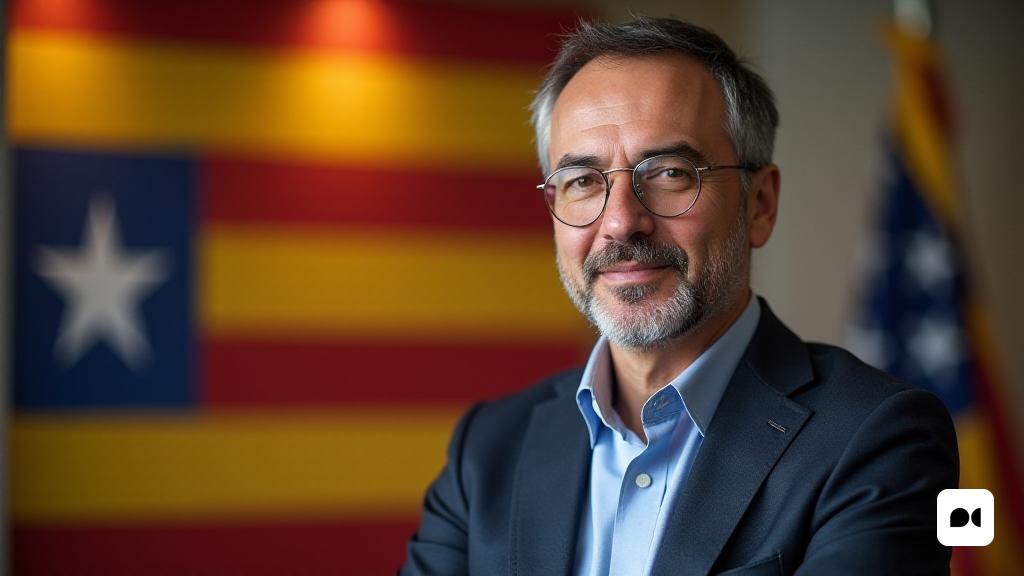A year of transformation in Catalonia
One year ago, Catalonia entered a new political stage with the victory of Salvador Illa, the former mayor of La Roca del Vallès, who assumed the presidency of the Generalitat. This period has witnessed intense social and political debate, focusing on the challenges facing its 8.1 million inhabitants.
Dialogue and Governance: The foundations of a new mandate
Salvador Illa has formed a dynamic government team, prioritizing dialogue with different social and economic sectors. This strategy has facilitated a calm start, despite the lack of solid parliamentary supports and approved budgets that are crucial in implementing their policies.
A historical legacy
With a political formation influenced by Romà Planas, Island represents the continuity of Tarradellista thought, which has promoted unity. The recent National Pact for the Language exemplifies this vision, with the collaboration of several parties and entities.
The National Pact for Language: a collective commitment
The Pact, which brings together the PSC, ERC and the Commons, seeks to ensure the full normalization of the Catalan language. A total of twenty entities have supported this initiative, which is presented as a way to guarantee social cohesion and language growth.
Strategic goals
With the horizon set in 2030, the pact includes nine lines of action that cover various fields, from education to the world of work. The goals include increasing the number of speakers and ensuring that the language is official in all institutional fields.
Impetus to language policy
For the implementation of the National Language Pact, 200 million euros will be allocated a year, with a first package of shares for 2025, exceeding 255 million, a record in linguistic investment.
Specific actions
The initiatives will include campaigns to facilitate the learning of Catalan to newcomers and plans to integrate the language into the world of work. In addition, support for councils are offered to develop linguistic management models.
Salvador Illa’s message
The President emphasized the importance of making Catalan a 21st century language, essential for coexistence and social welfare. Island has invited everyone to join the pact, reflecting a collective commitment.
Historical and political vision
JxCat’s reaction, the CUP, PP and VOX to the exclusion of the pact, highlights the differences between models of government. While the Tarradellista model promotes consensus and collaboration, the hill is based on authoritarianism.
A united Catalonia
The union of independence and non -independence organizations in the National Pact for the Language is a reflection of the Pragmatic Policy of Tarradellas, which argued that Catalonia is moving forward when it works together.

